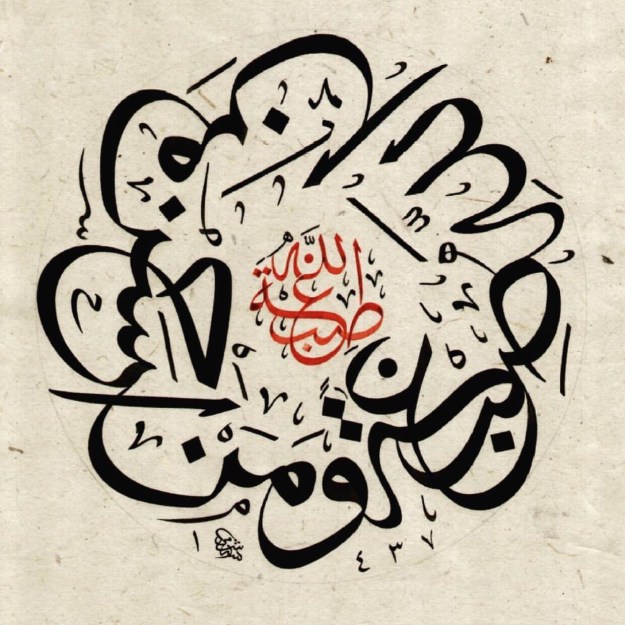
Sayyidi wa sanadi Mufti Mohammed Taqi Usmani (Allah preserve & protect him) said,
Ṭarīqah is part of Sharīʿah.
My Shaykh’s Shaykh Ḥakīm al-Ummah Mawlānā Ashraf ʿAlī Thānawī (d. 1362/1943) revived taṣawwuf and purified it from many innovations that had crept into it. He also prescribed an easy solution for people nowadays who are unable to undertake the sacrifices undertaken by the saints of the past. He prescribed two easy things to keep a firm relationship with Allah Almighty. The first is making abundant Shukr (gratitude) and the second is making abundant supplications.
The first half of Sūrah al-Fātiḥah indicates upon the first whilst the second half indicates upon the second. Hold on to the maʾthūr (transmitted/Sunnah) supplications and establish a firm relationship with Allah. This is an easy prescription.”













